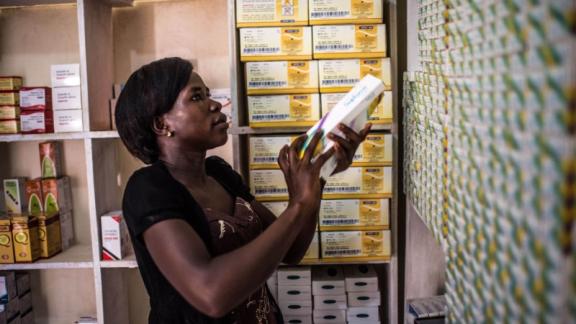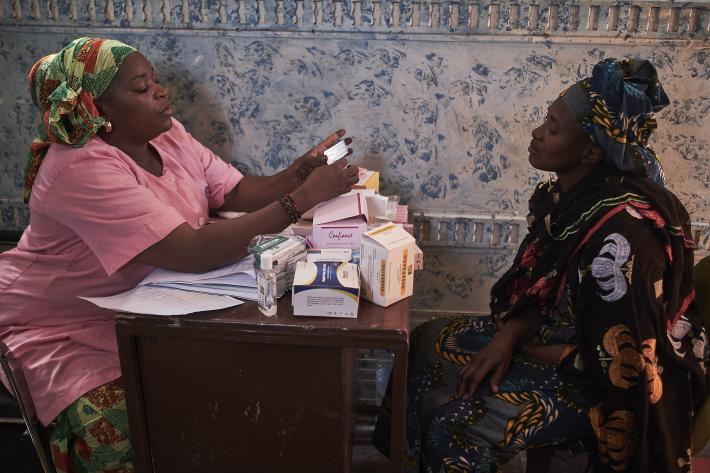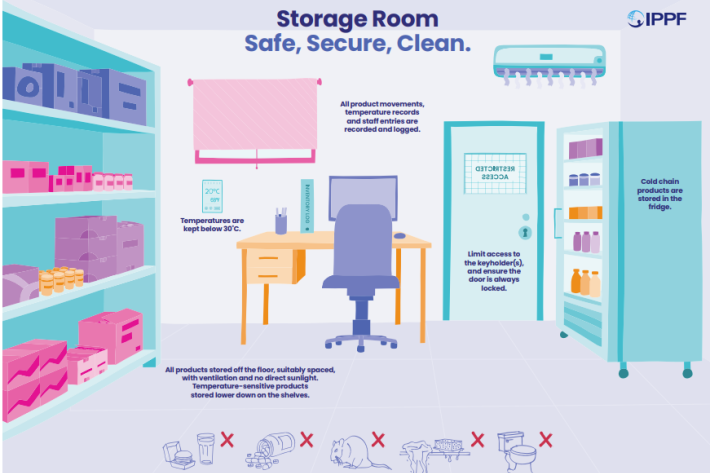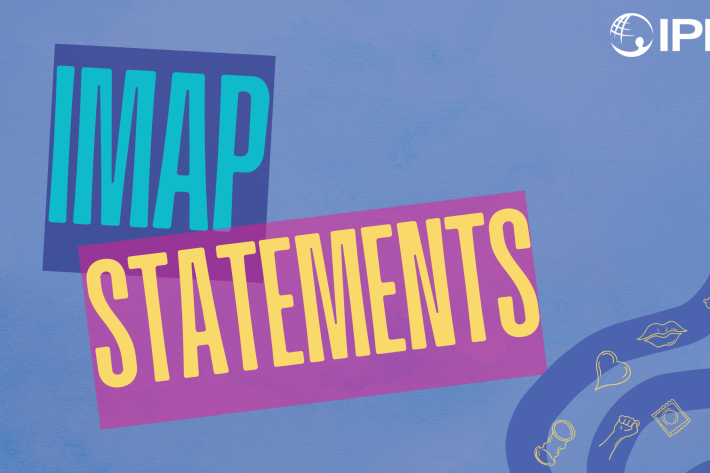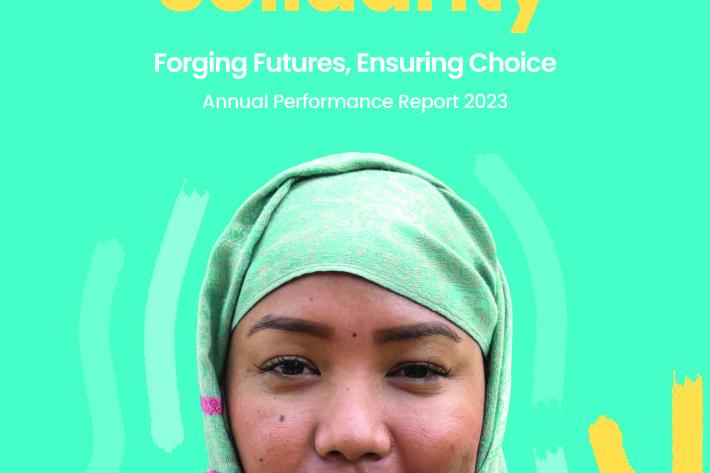Spotlight
A selection of resources from across the Federation
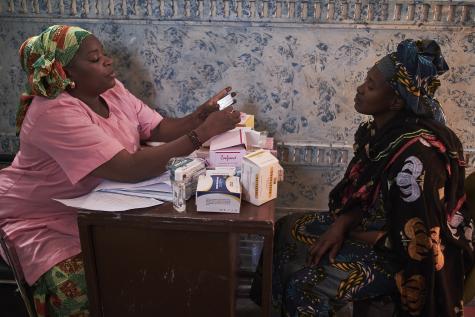
IMAP Statement on advances in emergency contraception
The purpose of this statement is to review newly published data on increasing the effectiveness of levonorgestrel emergency contraceptive pills by using pre‑coital administration or combined with a non‑steroidal anti‑inflammatory drug; the potential use of LNG‑ECP as a regular contraceptive method for infrequent sex; ulipristal acetate which is an established EC method and is now being studied combined with misoprostol for termination of early pregnancy; and the underutilization of low dose mifepristone as an EC method.
Filter our resources by:

| 24 January 2017
IMAP Statement on conscientious objection
Sexual and reproductive health is related to multiple human rights, including the right to life, the right to health, the right to privacy and the prohibition of discrimination. The right to health include sexual and reproductive health. This means that the states have obligations to respect, protect and fulfil the rights related to women’s and men’s sexual and reproductive health.

| 16 January 2017
IPPF's humanitarian response: dignity, protection, care
During times of crisis sexual reproductive health services are a necessity. Access to sexual and reproductive health services, even in the midst of war or natural disaster, is a human right which does not only saves lives in the short run, but also helps build resilience amongst refugees and displaced people. The statistics of women affected in humanitarian crises are shocking. It is estimated that more that 33 million of the 130 million people are in need of humanitarian assistance, are women and adolescent girls of reproductive age - 500 of these women and girls die every day from complications related to pregnancy and childbirths. WANT TO GET INVOLVED? SUBSCRIBE NOW TO GET UPDATES FROM IPPF SUPPORT OUR WORK WITH A DONATION
| 13 January 2017
IMAP Statement on safeguarding reproductive rights in the face of declining fertility
Profound changes in demographic patterns are taking place globally. Birth rates are falling in most countries around the world. Many governments are concerned about the impact of population ageing, and its consequent effects on lower economic productivity and escalating costs for medical care for older people. Some argue that birth rates must be stimulated to increase again. A few have begun to question the legitimacy of contraception and parenthood by choice, as well as challenging the principle of gender equality. This concern may also result in reduced focus on ‘the other side of the story’, namely that 225 million women who wish to avoid or delay pregnancy are not using modern contraception. Such restrictive approaches contravene people’s right to “reproduce and the freedom to decide if, when and how often to do so” as agreed at the 1994 International Conference on Population and Development, and reiterated through the 2015 Sustainable Development Goals.
| 22 December 2016
IMAP Statement on preventing cervical cancer
Cervical cancer, largely preventable, is one of the main causes of cancer death in women. In 2012, 528,000 new cases of cervical cancer were diagnosed and 266,000 women died of the disease, nearly 90 per cent of them in low to middle income countries. Deaths due to cervical cancer are projected to rise by almost 25 per cent over the next 10 years.1 Most women die of the disease when they are still in the workplace and caring for their families, at a high cost to society and to the economy. Cervical cancer prevention encompasses a wide range of interventions, which provide IPPF Member Associations with multiple opportunities within the continuum of care to decrease mortality and morbidity from the disease.
| 22 December 2016
IMAP Statement on human reproductive tissue donation for research
Research involving human subjects – including the study of human reproductive tissues, cells and fluids – has been and will continue to be essential for scientific advancement. For example, organ biopsies (such as cervix, ovary, uterus, testes, prostate, placenta and so on), cell lines developed and maintained in laboratories derived from both normal and abnormal reproductive tissues, and sampling of reproductive fluids (such as semen, cervical mucus, uterine and amniotic fluid) have contributed to both the understanding of normal reproductive physiology and pregnancy as well as the pathogenesis of disease. Modern contraceptive methods, the human papillomavirus vaccine, the Papanicolaou test, amniocentesis, regimens for the treatment of reproductive cancers and advanced reproductive technologies for infertility are examples of the diverse preventive, diagnostic and therapeutic innovations resulting from studies of human reproductive tissues.
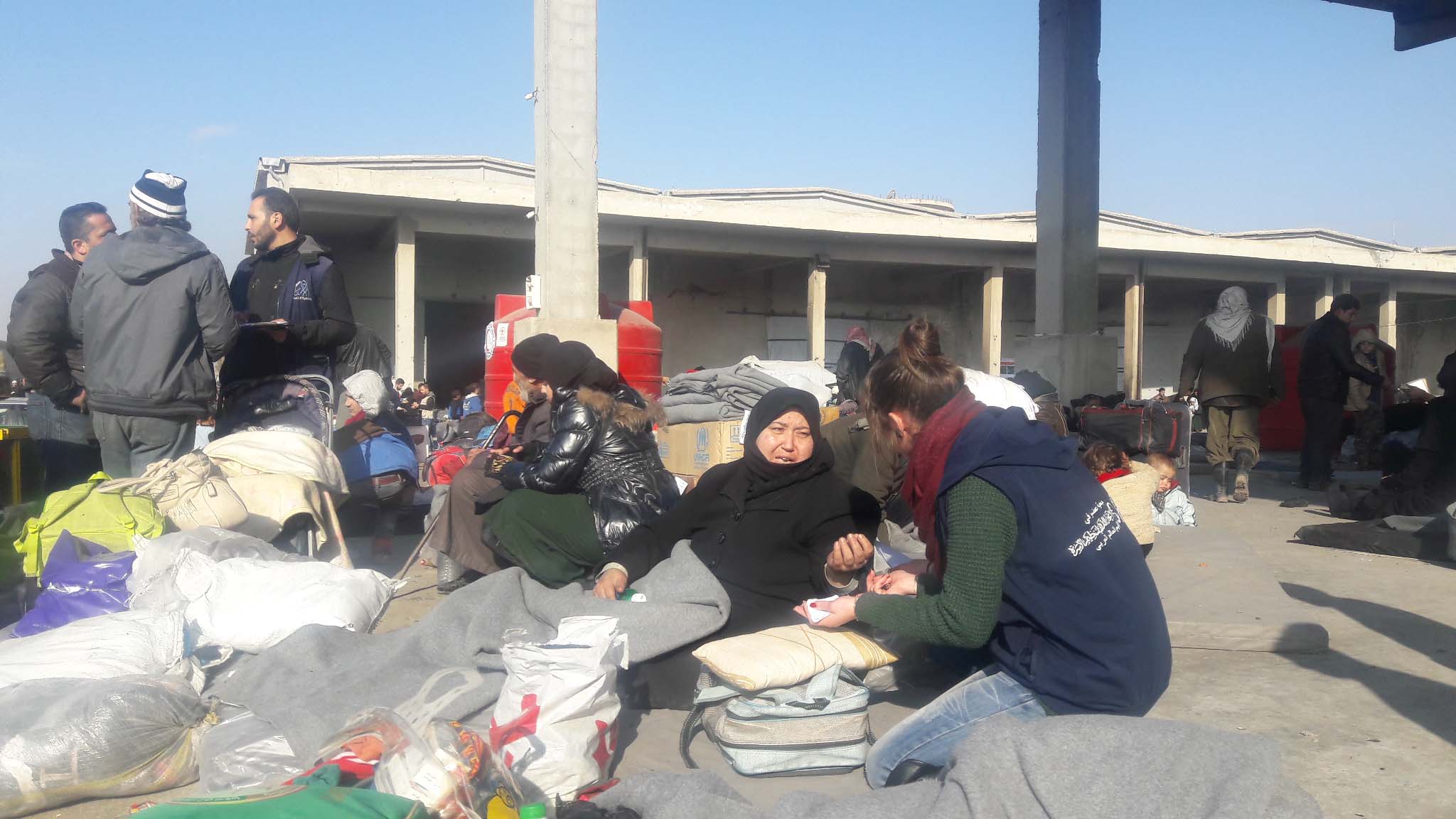
| 16 December 2016
Syrian Family Planning Association is still in Aleppo, providing assistance to war-torn population
We still are in Aleppo. The situation is difficult. We are struggling to survive. People are coming here because they are not safe. Thousands have left East Aleppo in fear. It is cold. People walk long distances. There is so much crowding and for my staff the hours are very long. Read the full report from Dr Lama Mouakea, Syrian Family Planning Association Please donate to support women and girls in Aleppo Photo credits go to the Syrian Family Planning Association.
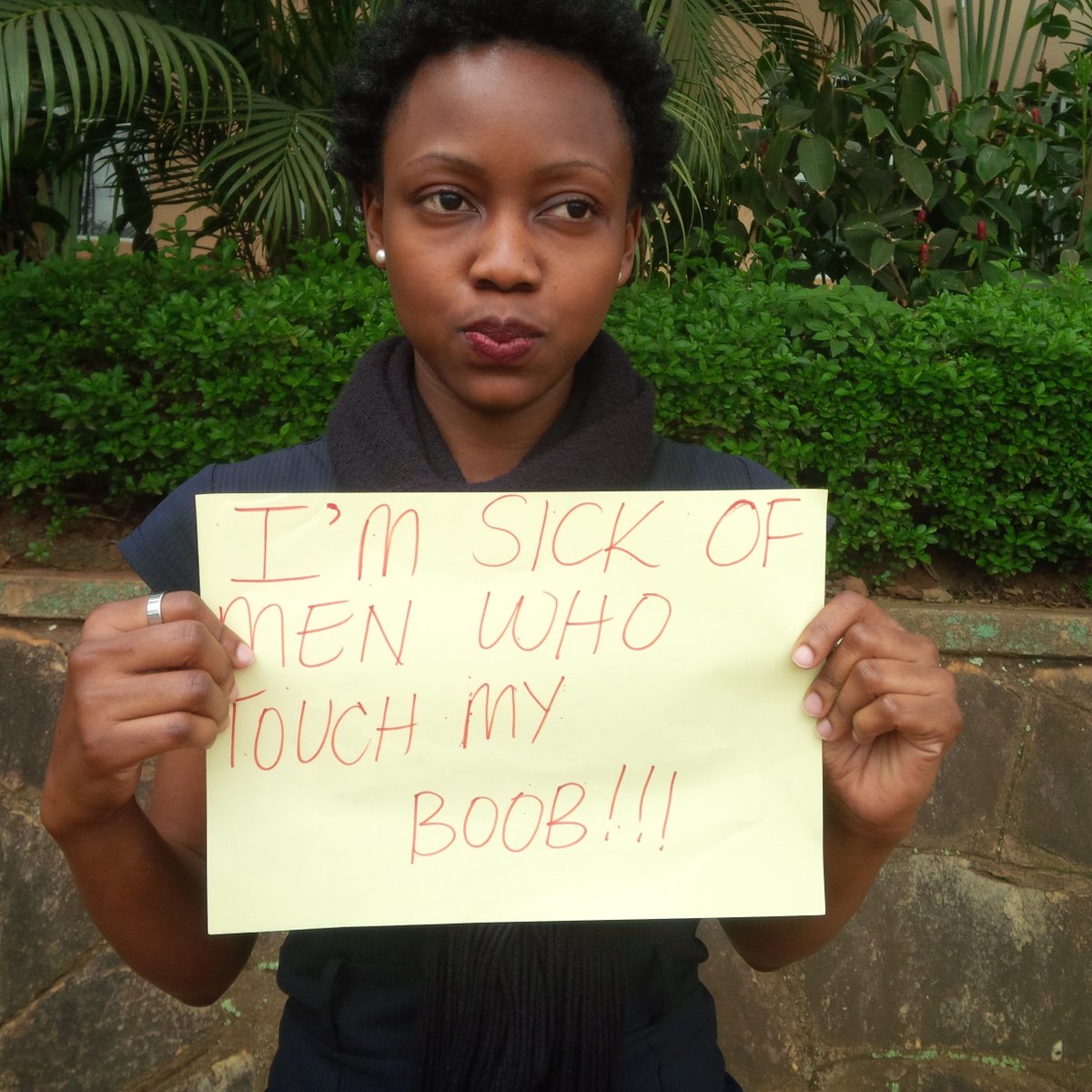
| 09 December 2016
People around the world campaigning to #StopViolence against women and girls
Activists around the world took the social media to say, in several languages: "Stop Violence against women and girls!" The IPPF #StopViolence campaign, to mark the 16 days of activism against gender-based violence, was launched by IPPF Champion Jessica Pratt and Yvonne Chaka Chaka. For 16 days, women and men shared the aspect of violence against women that affects or hurts them the most, always with a clear message: we're sick of it.
| 28 November 2016
IPPF & Durex launch World AIDS Day Campaign video
IPPF join forces with Durex on December 1st to raise awareness of the risks of unprotected sex as more than 75% of 16-35 year olds surveyed* use emojis to discuss sex, with 9 out of 10 claiming that a safe sex emoji would help them to talk more openly about safe sex. * 3GEM research questioning 3500 people from UK, USA, Brazil, China, India and South Africa commissioned by Durex – UK, October 2016
| 25 November 2016
"I'm sick of violence against women" Jessica Pratt joins #StopViolence campaign
Jessica Pratt is a successful Opera Singer. Despite her busy rehearsal schedule, she took the time to say the world "I'm sick of violence against women and want it to stop". Join her: take a photo or a video holding a sign, tell us why you're sick of violence against women! #StopViolence Facebook filter: https://www.isupportcause.com/campaign/im-sick-of-violence-against-women
| 25 November 2016
"Together we can #StopViolence" - Yvonne Chaka Chaka join IPPF campaign
Artist and women's rights activist Yvonne Chaka Chaka joins IPPF campaign for the elimination of violence against women and girls, and invite people to follow! Write your message against gender-based violence, tell the world you're sick of it, and want to #StopViolence! Artist and women's rights activist Yvonne Chaka Chaka joins IPPF campaign for the elimination of violence against women and girls, and invite people to follow! Write your message against gender-based violence, tell the world you're sick of it, and want to #StopViolence! Facebook Filter: https://www.isupportcause.com/campaign/im-sick-of-violence-against-women
Pagination
- First page
- Previous page
- …
- 22
- 23
- 24
- 25
- 26
- …
- Next page
- Last page







